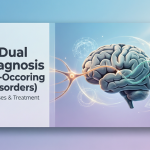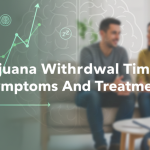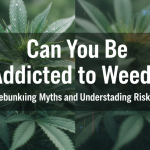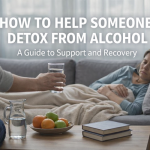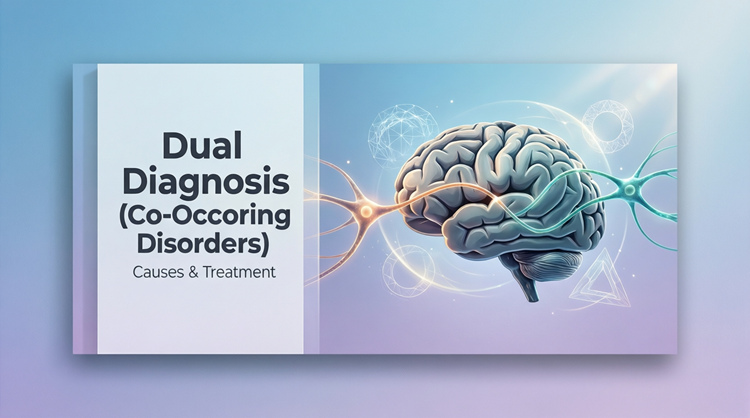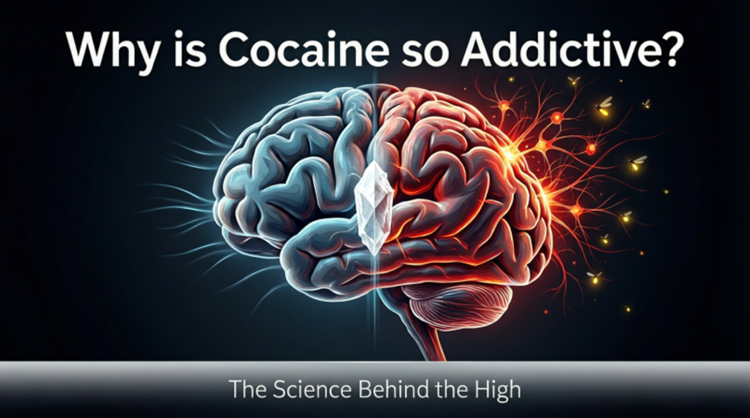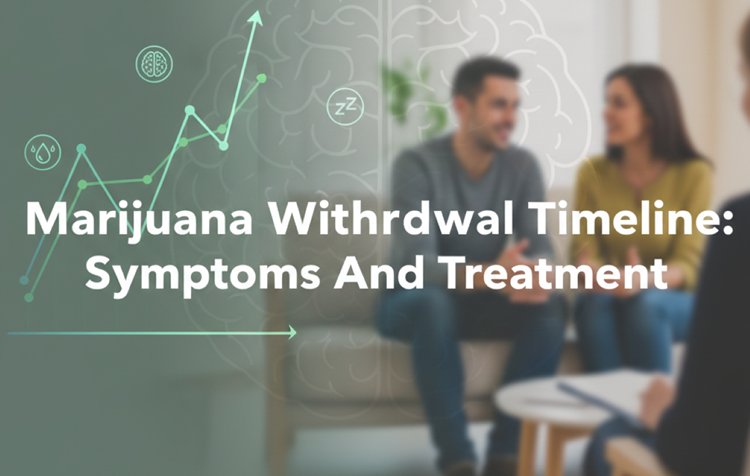In the realm of human connections, the concepts of interdependence and codependence often get intertwined, leading to confusion and misunderstandings. While both terms involve relying on another person, the underlying dynamics and outcomes vastly differ. Understanding the nuances between interdependence vs codependence is crucial for fostering healthy and fulfilling relationships.

What is Interdependence?
Interdependence is a mature and balanced relationship where two individuals recognize their mutual needs and choose to support each other while maintaining their autonomy. It’s a partnership built on trust, respect, and a shared understanding that both individuals contribute to the relationship’s well-being.
Key Characteristics of Interdependence:
Respect for Individuality: Interdependent partners value each other’s individuality and encourage personal growth. They understand that each person has unique strengths, interests, and goals, and they support each other’s endeavors.
Healthy Boundaries: Interdependence thrives on clear and respected boundaries. Partners communicate their needs and expectations openly, ensuring that both parties feel comfortable and secure in the relationship.
Shared Responsibility: Interdependent partners share responsibilities and decision-making, recognizing that their actions impact each other. They work together as a team, balancing their individual needs with the needs of the relationship.
What is Codependence?
Codependence is an unhealthy pattern of reliance on another person for emotional fulfillment and self-worth. It’s characterized by an excessive need for approval and a fear of abandonment, leading to behaviors that compromise one’s well-being and individuality.
Key Characteristics of Codependence:
Excessive Dependence: Codependent individuals rely heavily on their partners for emotional support and validation. They may feel lost or incomplete without their partner and prioritize their partner’s needs above their own.
Lack of Boundaries: Codependent relationships often lack clear boundaries, leading to enmeshment and a loss of personal identity. Partners may become overly involved in each other’s lives, making it difficult to function independently.
Unequal Power Dynamics: Codependent relationships often exhibit unhealthy power dynamics, with one partner relying on the other for emotional support and the other taking on a caretaker role. This imbalance can lead to resentment and control issues.
The Impact on Relationships:
Interdependence and codependence have significantly different impacts on relationships. Interdependence fosters mutual growth, emotional stability, and a sense of partnership. In contrast, codependence leads to resentment, emotional instability, and a loss of self-worth.
Interdependence:
Promotes Personal Growth: Interdependent partners encourage each other’s personal growth, creating a supportive environment for individual development.
Enhances Emotional Stability: Interdependence provides a sense of security and support, contributing to emotional stability and resilience.
Strengthens the Relationship: Interdependent partners work together as a team, strengthening the bond and enhancing the overall relationship.
Codependence:
Hinders Personal Growth: Codependent individuals may prioritize their partner’s needs over their own, hindering their personal growth and development.
Creates Emotional Instability: Codependence can lead to anxiety, fear of abandonment, and emotional instability due to excessive reliance on the partner.
Damages the Relationship: Codependent relationships often become toxic due to unhealthy power dynamics, leading to resentment and conflict.
How to Find Out If You’re in a Codependency and Interdependency Relationship
Navigating the complexities of relationships can be challenging, especially when trying to determine if you’re in an interdependent or codependent dynamic. Understanding the signs and characteristics of each can shed light on the nature of your relationship. In this article, we’ll explore how to discern whether you’re in an interdependent or codependent relationship and offer guidance on fostering healthier connections.
Signs of Codependence
1. Excessive Reliance
If you find yourself excessively relying on your partner for emotional support, validation, and a sense of identity, it could be a sign of codependency. In healthy relationships, both individuals maintain a degree of independence while supporting each other.
2. Sacrificing Personal Needs
Are you consistently sacrificing your own needs, desires, and goals to meet your partner’s demands? Codependent individuals often prioritize their partner’s well-being to the detriment of their own.
3. Difficulty Setting Boundaries
Struggling to set and maintain healthy boundaries is a common trait in codependent relationships. This may manifest as an inability to say “no” or a constant fear of disappointing your partner.
4. Low Self-Esteem
Codependency is often associated with low self-esteem, where an individual’s sense of self-worth is contingent on the approval and validation received from their partner.
Signs of Interdependence
1. Mutual Support
In interdependent relationships, there is a balance of mutual support. Both partners actively encourage and contribute to each other’s personal and professional growth.
2. Respect for Autonomy
Interdependent individuals respect each other’s autonomy and individuality. There is an understanding that each person has their own needs, goals, and interests.
3. Open Communication
Healthy communication is a cornerstone of interdependent relationships. If you and your partner can openly discuss your needs, concerns, and boundaries, you’re likely fostering interdependence.
4. Shared Goals
Interdependent couples often have shared goals while still maintaining individual aspirations. Collaboratively planning for the future without sacrificing personal growth is a positive sign.
Conducting a Self-Reflection
To determine the nature of your relationship, engage in self-reflection:
Evaluate Your Independence: Assess whether you have maintained a sense of independence or if you feel enmeshed with your partner.
Examine Communication Patterns: Reflect on how openly you communicate with your partner about your needs and aspirations.
Consider Personal Growth: Evaluate whether your relationship has facilitated personal growth or if it has hindered your individual development.
If you’re uncertain about the dynamics of your relationship, seeking professional guidance can be beneficial. A relationship counselor or therapist can provide insights, tools, and strategies to navigate and improve your connection.
If you’re based in Deland, feel free to contact Deland Treatment Solutions, our expert therapist will be happy to help you. Call us at (386) 284-4151 to learn more about how our mental health treatment programs can teach you the skills you need for healthier, happier relationships.
Tips for finding out if your relationship is codependent or interdependent:
1. Consider your sense of self: In an interdependent relationship, you have a strong sense of self and can maintain your own identity while still being close to your partner.
2. Evaluate your communication: In an interdependent relationship, you can communicate openly and honestly with your partner. You can express your needs and wants without feeling guilty or ashamed.
3. Assess your boundaries: In an interdependent relationship, you have healthy boundaries. You can say no to your partner without feeling guilty. You are also able to respect your partner’s boundaries.
4. Examine your decision-making: In an interdependent relationship, you can make decisions independently. You can consider your own needs and wants as well as your partner’s.
5. Evaluate your emotional well-being: In an interdependent relationship, you feel good about yourself. You can cope with stress and challenges without relying on your partner. In a codependent relationship, you may feel like you need your partner to be happy to be happy yourself.
If you are unsure whether you are in an interdependent or codependent relationship, it may be helpful to talk to a therapist or counselor.
Here are some additional tips for maintaining a healthy interdependent relationship:
– Communicate openly and honestly with your partner.
– Set healthy boundaries.
– Make decisions independently.
– Take care of your own needs and wants.
– Seek professional help if you need it.
– How do Interdependence and codependency Relationships Look Like in Real Life?
Here are some examples of interdependent relationships:
– A married couple who share household chores and childcare
– Two friends who support each other through difficult times
– A business partnership in which both partners have equal say
– Here are some examples of codependent relationships:
– A parent who constantly bails their adult child out of financial trouble
– A couple who are so enmeshed that they cannot make decisions without the other’s approval
– A friend who is always there to listen, but who never shares their problems
If you think you may be in a codependent relationship, there are steps you can take to get help:
– Talk to a therapist or counselor
– Join a codependency support group
– Read books and articles about codependency
– Set boundaries with your partner
– Learn to take care of yourself
Remember, it is possible to recover from codependency and build healthy, interdependent relationships.
Deland Treatment Solutions offers evidence-based, high-quality mental health treatment.
Please get in touch with Deland Treatment Solutions if you have any concerns about your relationship being codependent. We can help you and your spouse break bad habits and start a new, healthy relationship. For more information about how our mental health treatment programs can provide you with the tools you need to build happier, healthier relationships, give us a call us at (386) 866-8689






